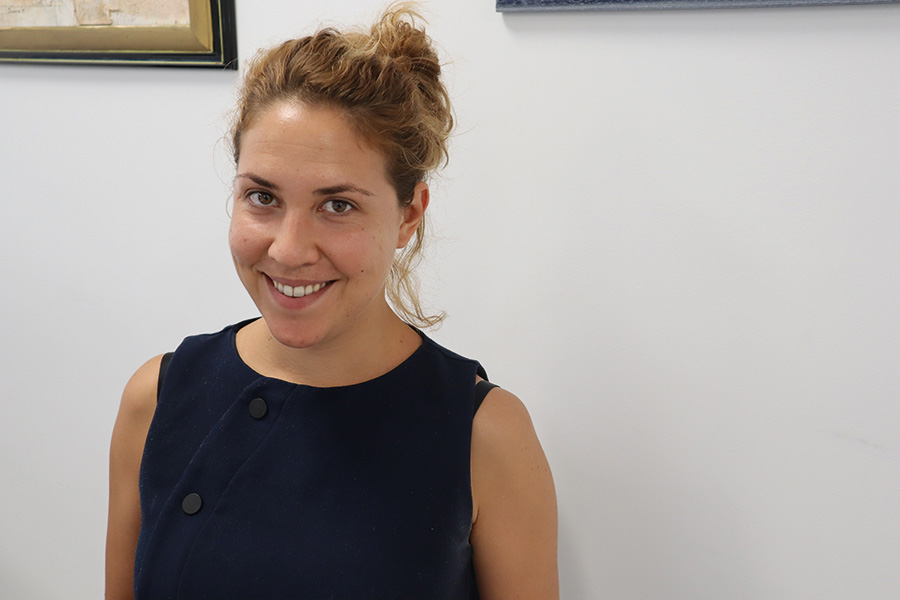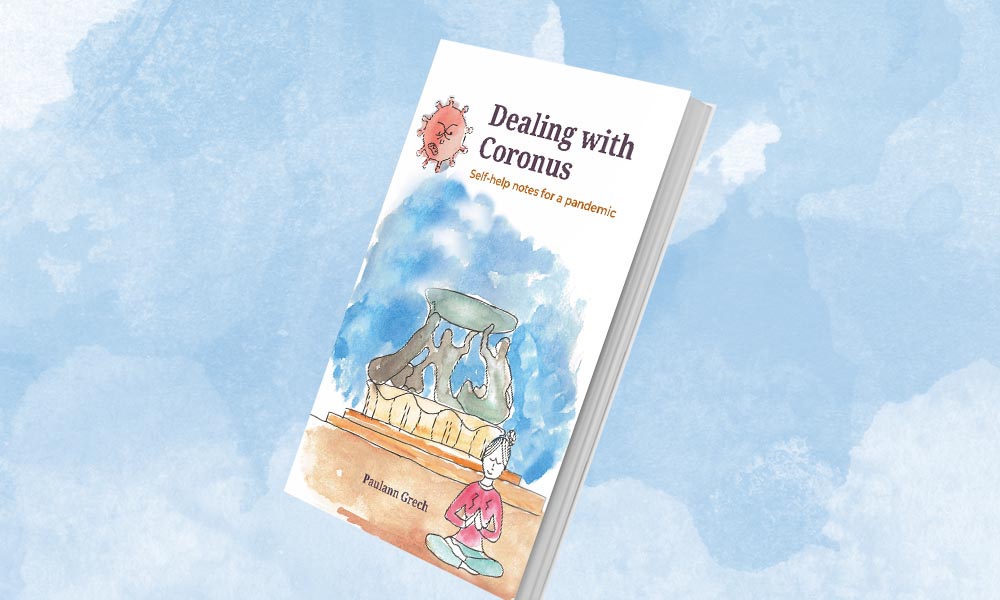The Pandemic had shown us the importance of taking care of our mental well-being. Dr Paulann Grech shares her insights in her latest book!
Continue readingOn mindfulness
In this overwhelming world of apps, chats, commercials, and instant everything, we’re fighting for our attention at every turn. We sometimes barely have time to think about our decisions, often regretting what we did or what we bought a short while later.Resurrected from old Buddhist teachings, mindfulness is being touted as the answer to the varying needs and demands of modern society. New-age ‘gurus’ offer courses that claim to change our life in seconds. To me, this has always sounded like a mission impossible.
Daydreaming poses a challenge for me. Ideally, it should give us the space to absorb new information and figure out potential options for future decisions and behaviour. But most of the time, programming takes over. We mentally analyse events and their effects—we worry—failing to be present.
The ability to create a mindful space in our thoughts can be developed through regular mindfulness meditation. The practice involves a lot of deep breathing, slowing down, observing our passing thoughts, and absorbing our surroundings. There are even apps to help boost our levels of mindfulness.

While this might seem like fluff to some, studies have found clear evidence for the positive effects of such practice. Meditation has been shown to have a positive effect on well-being and emotional regulation. Some research also shines light on its therapeutic benefits for anxiety and depression. Research shows that mindfulness gives us extraordinary insights. Those who practice regularly say that they experience the present reality to a sharper degree, absorbing small details that usually get lost. Imagine, instead of automatically reacting to your surroundings, being able to focus in the moment so that you can actually choose your next step with intention. That is power!
Personally, I found that a month of dedicated practice sharpened my attention. I started noticing small things and gestures that, before, would just pass me by. It drove the amount
of wasted time down significantly. I made better decisions. It wasn’t easy to sit there with all my thoughts, but it definitely trained my mind to overcome challenging tasks.
We can all benefit from regular mindfulness practice. Go on and try it for yourself. Take a deep breath, slow down, and pause. Seize the moment. Be.
Further reading:
Cocoran, K. M., Farb, N., Anderson, A. & Segal, Z. V. (2010). Mindfulness and emotion regulation: Outcomes and possible mediating mechnanisms. In A. M. Keing & D. M. Sloan (Eds.), Emotion regulation and psychophatology: A transdiagnostic approach to etiology and treatment (pp. 339 – 355) New York: Guillford Press.
Hoffman, S. G., Sawyer, A. T., Witt, A. A., & Oh, D. (2010). The effect of mindfulness-based therapy on anxiety and depression: A metaanalytic review. Journal of Consulting and Clinical Psychology, 78, 169 – 183. doi:10.1037/a0018555
Author: Sofija Borojevic
Nicotine stresses you out!
By Caitlin Davies
Every day in Malta, one person will die from a smoking-related illness. People usually begin smoking tobacco in their adolescence and addiction quickly follows. Quitting is hard and the majority are unsuccessful. Nicotine, with its crippling withdrawal symptoms, is to blame. Research suggests this component of tobacco can be more addictive than heroin. Smokers say that nicotine is pleasurable and enables them to concentrate and reduce their anxiety. Scientists think the opposite.Continue reading



